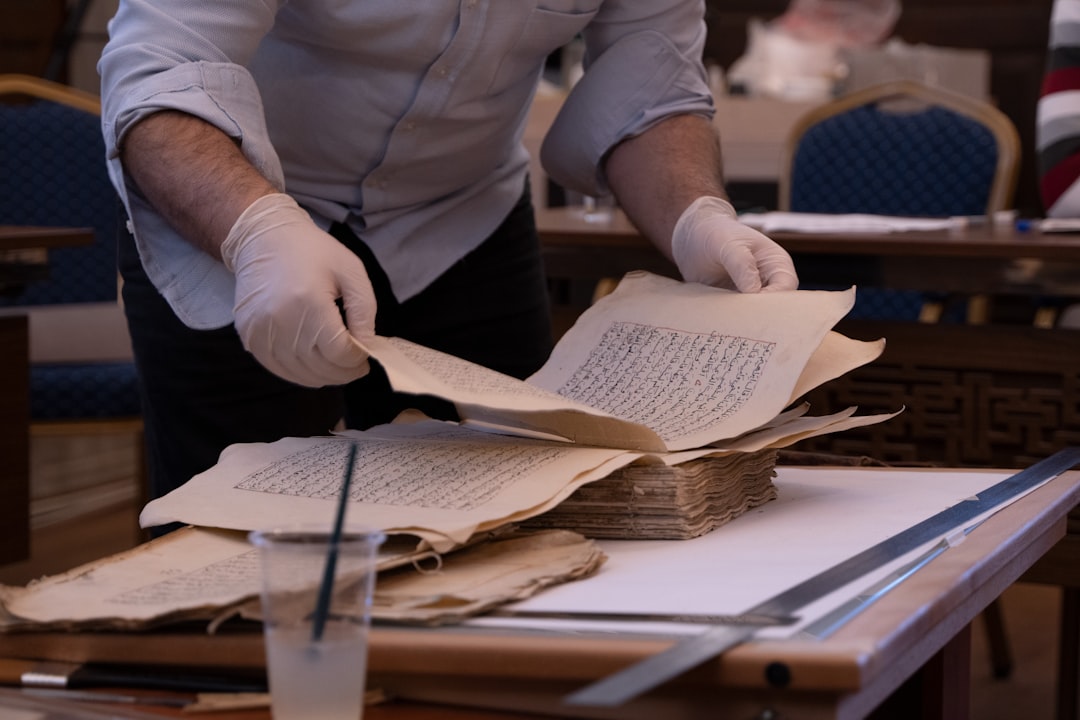What is it about?
This article examines the notion of ‘informal imperialism’ in East Asia and extends the related historiographical debate to the Italian case-study by focusing on liberal Italy's concession at Tianjin city port from 1902 through 1922. By doing so, it provides a fresh perspective on Italy's sole concession in China as well as offering specific theoretical insights and historical details that have not been sufficiently discussed in the literature pertaining to Italian expansionism in the liberal years. Within the context of an Italian informal imperial structure at its inception, the study carries out an historical investigation by using the economic lens on the one hand, and the political-administrative one on the other. In this way, it advances the current discussion about informal imperialism(s) in Tianjin by surveying issues pertaining not only to Italian trade, finance, and investments in imperial settings but also to foreign self-government and the establishment of an Italian Municipal Council as tools of imperial power relations. Based on a variety of Italian-language historical sources, archival material, and related academic works, the analysis is further enriched with comparisons drawn from the English-language scholarship on the British and the Japanese informal empires.
Featured Image
Why is it important?
New original material. The article advances the current discussion about informal imperialism(s) in Tianjin (1902-1922).
Read the Original
This page is a summary of: ITALY'S INFORMAL IMPERIALISM IN TIANJIN DURING THE LIBERAL EPOCH, 1902–1922, The Historical Journal, March 2016, Cambridge University Press,
DOI: 10.1017/s0018246x15000461.
You can read the full text:
Contributors
The following have contributed to this page










